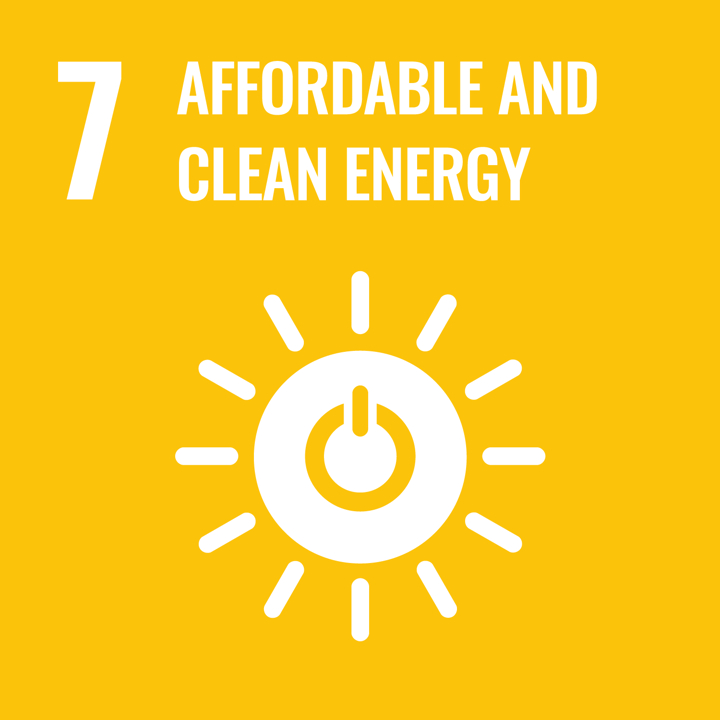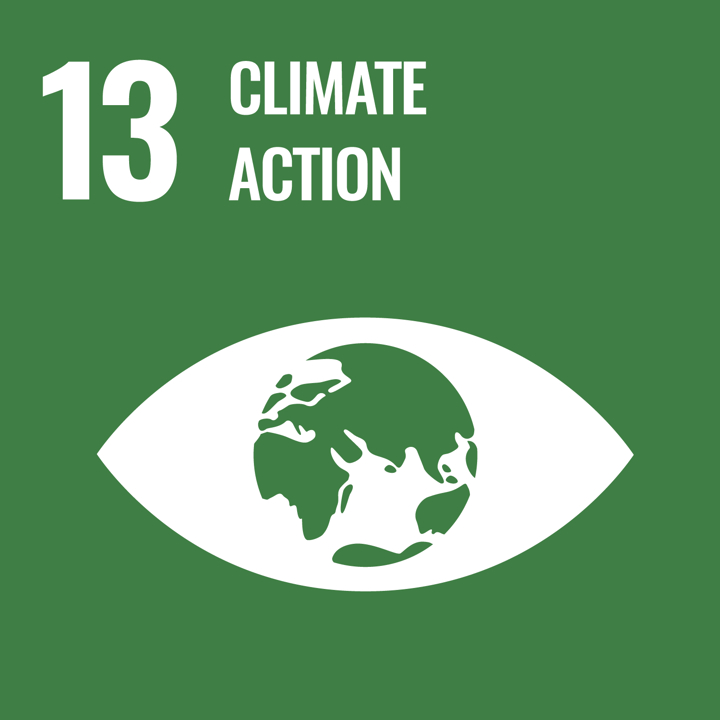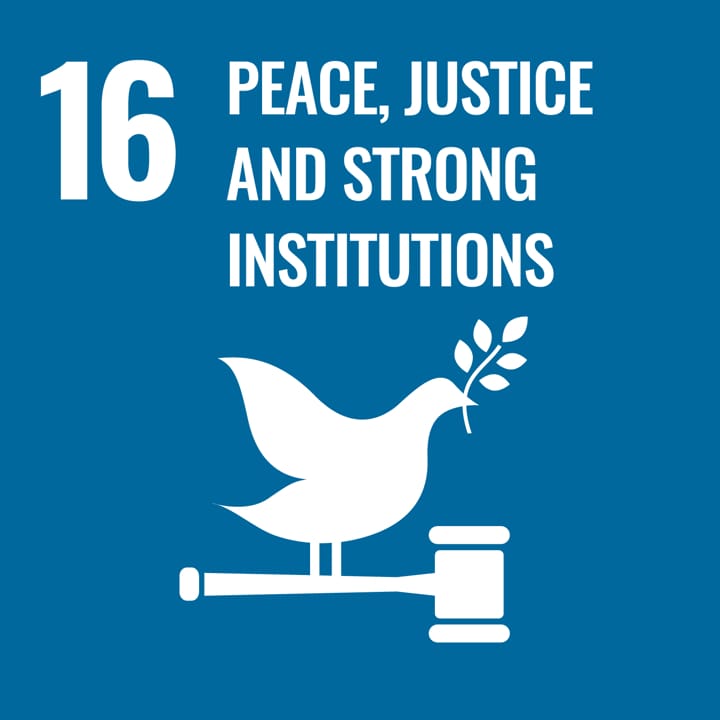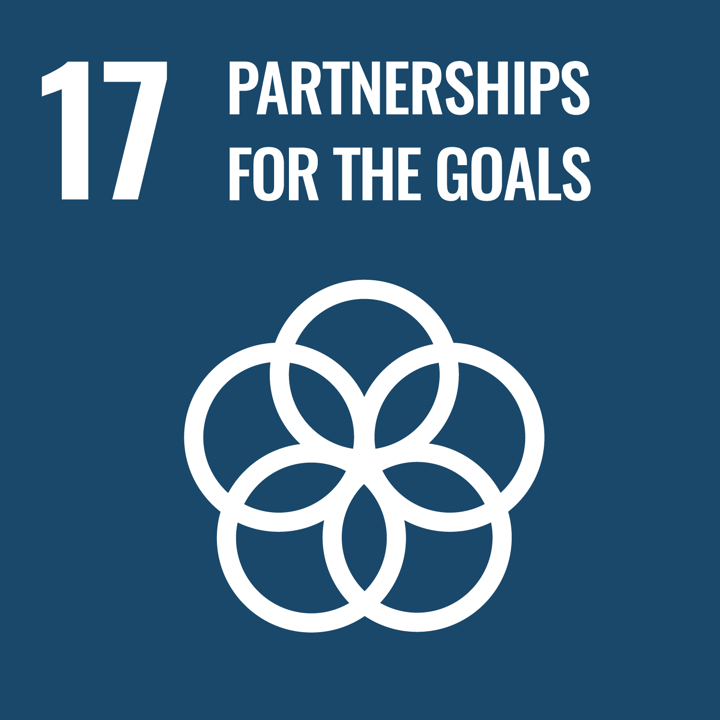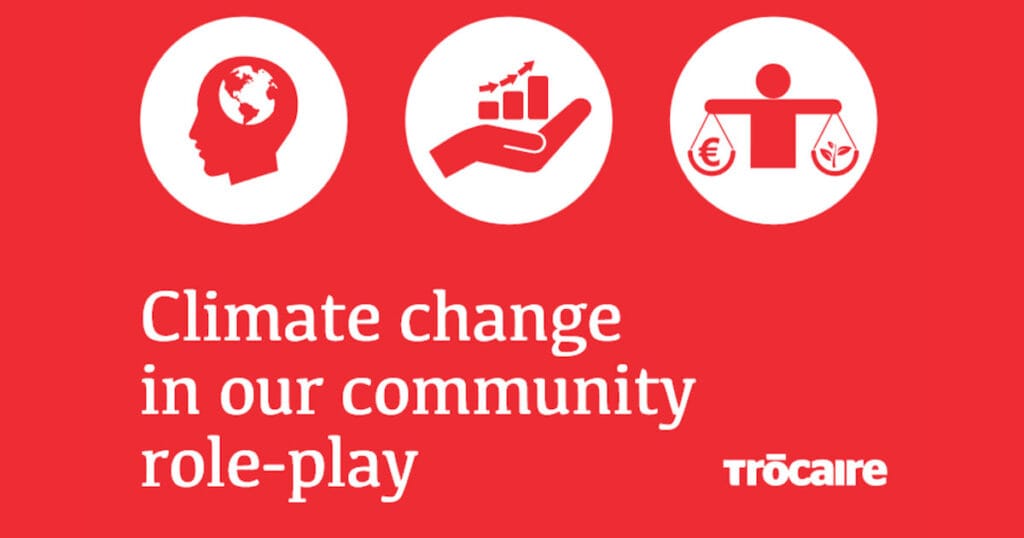
Utilizador final previsto: Professor, formador de professores
Grupo etário: Secundário inferior; Secundário superior
Currículo escolar: Science; Social, Physical & Health Education; Social & Environment Science; Languages; Arts
Temas e tópicos: Collective Action; Environmental Change; Power & Influence; Citizenship; Pedagogy Approaches
Duração: Minimum: ~1 hour
Recommended: ~90 minutes
Extended version (including deep discussion & follow-ups): ~2 hours.
Tipo de recurso: Guidelines & Notes, Lesson Plans, Workshop
Palavras-chave: Climate Justice, Collective Action, Sustainable Decision-Making, Critical Thinking, (Classroom Discussion Tools)
Línguas: Inglês, Alemão
Descrição
This educational resource introduces role-playing as an interactive teaching method to engage students in sustainability and climate change discussions. It consists of a compact methodological guide and a ready-to-use classroom activity that allows students to explore real-world dilemmas related to environmental and economic decision-making.
The method guide outlines the theoretical background of role-playing, its pedagogical benefits, and step-by-step implementation for educators. It highlights how role-plays foster critical thinking, social awareness, and problem-solving skills, making learning more engaging and experiential.
The teaching unit, “Creating Futures – Lesson 8”, presents a climate change role-play scenario where students debate whether to extract or leave newly discovered oil beneath their community. They take on different stakeholder roles—including government officials, climate experts, oil companies, and local residents—to analyze the economic, environmental, and social impacts of fossil fuel extraction.
Throughout the lesson, students engage in decision-making exercises, group discussions, and reflective analysis. The activity encourages collaborative problem-solving, helping students develop a deeper understanding of the complexities behind climate policies, sustainability challenges, and collective action.
This resource is particularly relevant for subjects such as Science, Social Studies, Environmental Science, Business, and Languages. It applies student-centered approaches, empowering students to explore real-world sustainability issues through role-play and debate.
By placing students in active roles, this resource develops their civic engagement and sustainability citizenship skills, preparing them to make informed, responsible decisions for the future.
Como utilizar este recurso
This resource includes a role-playing guide and a pre-designed classroom activity to explore climate change and decision-making.
- Read the Method Guide (English or German)
- Learn how role-play fosters critical thinking and problem-solving.
- Follow step-by-step instructions for structuring and facilitating role-plays.
- Implement the Classroom Activity
- Preparation: Print role cards and introduce the oil extraction dilemma.
- Role Discussion (20-30 min): Students develop arguments from different stakeholder perspectives.
- Debate & Decision (25-35 min): Groups present views in a stakeholder meeting and vote.
- Reflection (15-25 min): Discuss climate justice, power dynamics, and sustainability.
Os recursos
Role Play (English) PDF:
Role Play (German) PDF:
Resultados de aprendizagem (professores)
- Obter conhecimentos prévios e aprofundar o conhecimento e a compreensão dos conceitos-chave da Cidadania para a Sustentabilidade, desafiando as visões do mundo e os valores estabelecidos.
- Aplicar uma série de ferramentas e quadros adequados para promover a Cidadania para a Sustentabilidade dos estudantes
- Refletir sobre a prática e examinar os programas curriculares nacionais para identificar oportunidades de promover a Cidadania para a Sustentabilidade de forma interdisciplinar e envolver as partes interessadas externas.
- Sintetizar de forma colaborativa os conhecimentos, as ferramentas e os quadros para criar materiais didácticos e planos de aulas adaptados ao seu próprio contexto local
- Através de actividades de workshops e de comunidades de prática, desenvolver capacidades e agência enquanto educadores e líderes da Cidadania para a Sustentabilidade.
Competências verdes
- Incorporar valores sustentáveis: Valorizar a sustentabilidade; apoiar a equidade
- Abraçar a complexidade na sustentabilidade: Pensamento sistémico; Pensamento crítico; Enquadramento de problemas
- Perspectivas de futuros sustentáveis: Literacia do futuro; Adaptabilidade; Pensamento exploratório
- Agir em prol da sustentabilidade: Ação colectiva
Creative Commons
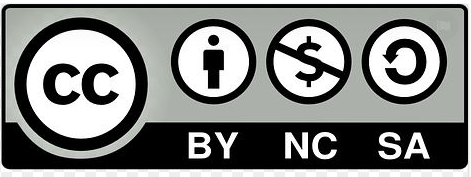
This resource “Lesson 8” is entirely made by trocaire.org.
The original resource pode ser encontrado aqui.
This adaptation by Cathérine Conradty of Universität of Bayreuth (UBT) for SYNAPSES academies is licensed under the Creative Commons Attribution 4.0 International License (CC BY 4.0). This attribution does not imply endorsement by the original licensor..
ODS

